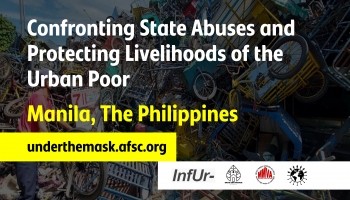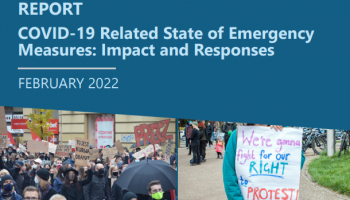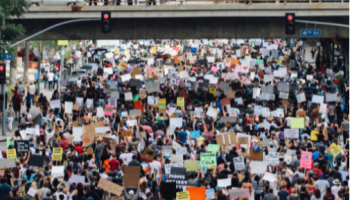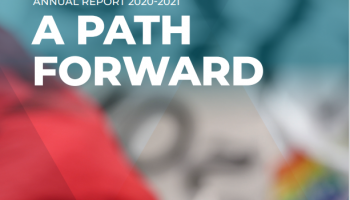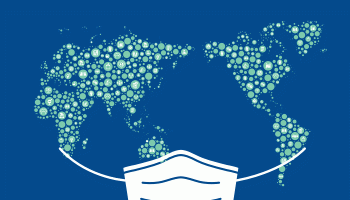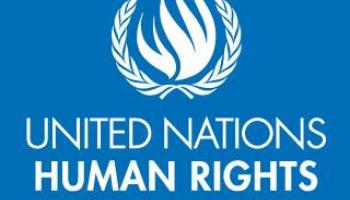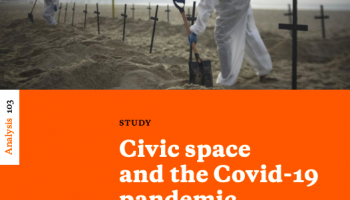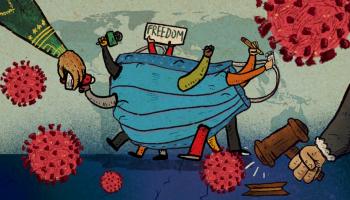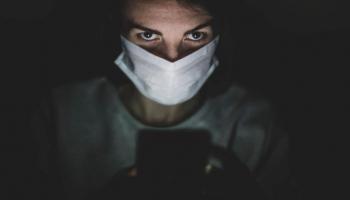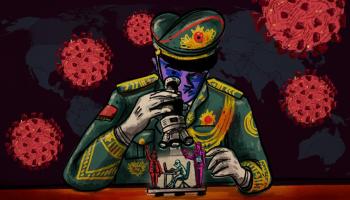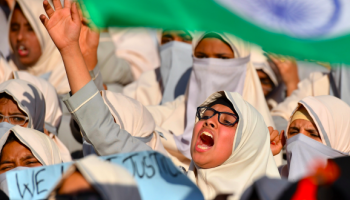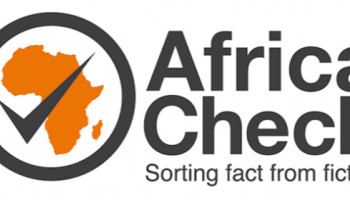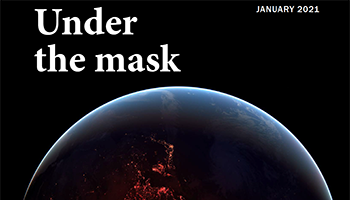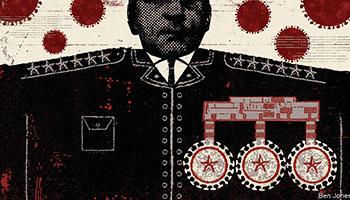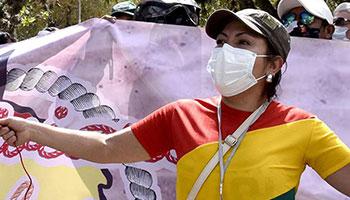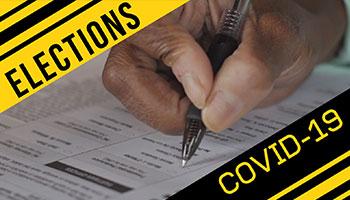Shock doctrine during COVID-19
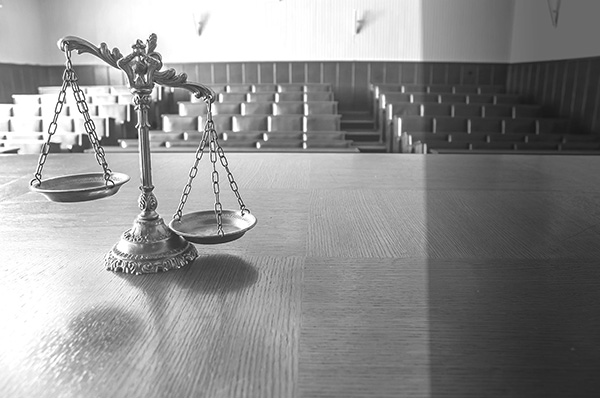
The shock doctrine is a theory for explaining the way that force, stealth, and crisis are used in implementing neoliberal policies. The term was coined by Naomi Klein in her eponymous book of 2007. It describes the development and passing of controversial legislation during states of emergency, which enable governments to act with fewer checks and balances—and allows “back door” activities to go unnoticed.
With the COVID-19 pandemic, instead of a country-specific or regional disaster, we have a global disaster for the first time ever. For months, all eyes have been on the primary and secondary impacts of and responses to the pandemic—providing perfect cover for diversionary maneuvers, and, in many cases, justification for suspending parliament and operating legislating bodies without debate. In 2020, in multiple countries, governments cited public health reasons to suspend regular parliamentary activities (such as briefings and other transparency activities) and suspend campaigning for elections as well as state leadership elections, allowing the incumbent to retain power uncontested.
We’ve seen in Kenya, the suspension of parliamentary activities and bi-elections to silence the opposition and give increased power to the executive. The threat of the virus and the psychological aspect of the lockdown has created an opportune environment for an authoritarian context to thrive. The Patriotic Bill for example is gaining fierce traction in Kenya, criminialising anyone deemed to be against the government. As well as this, the NGO bill will criminalise anything concerning good governance or addressing sticky issues.
Similarly in the Philippines, scare tactics have continued to be adopted in the country that has experienced a year long lockdown. This has allowed the government to railroad legislation. For example, President Rodrigo Duterte has ordered the killings of thousands of people that his administration deemed “criminal suspects” without trial—a campaign that appears to have intensified during the pandemic. We’ve also seen the administration shut down the biggest media corporation for being anti-government, creating a huge gap in access for rural areas. Further, congress has allowed the President to move all budget specifications, giving him emergency powers that limit process checks. COVID-19 has been beneficial for the government and to further its authoritarian agenda, and therefore it is not likely lockdown measures and emergency powers will end soon.
Shock doctrine can appear more subtly, as is the case in Venezuela. A vague constitutional law on hate crimes has been used by the government to attack, criminalise, and threaten the opposition. The sentence is 20 years in prison, longer than murder. Although it has barely been used in judicial terms, the threat of the law is enough to scare people against speaking up against the government, targeting activists and human rights defenders more specifically. This has allowed the state to pass legislation and continue to restrict civic space without opposition and proper democratic procedures.
Other examples of state abuses during the pandemic include:
- During the pandemic, Cambodia has passed legislation where a single internet gateway is controlled by the government, as well as strict controls on social media platforms. The opposition party has been excluded and effectively outlawed as the leader was imprisoned.
- In India, Prime Minister Narendra Modi passed 25 opposed bills in three days as opposition debate and private members’ bills—longstanding institutions that allow oppositions to query the government—were suspended on COVID-19 health grounds.
- In Serbia, the judiciary has become a puppet of the executive branch, and trials are being conducted via video conference without the presence of defense attorneys.
- In Hong Kong, pro-democracy candidates were expected to do well in elections. Citing the risk of COVID-19, the territory’s pro-communist leaders delayed them until 2021.
- For Burundi’s election in May, officials use the virus to exclude foreign observers. Twelve days before the election, foreign observers were told that they would have to quarantine on arrival in the country for 14 days, thus missing the vote.
- In Russia, President Vladimir Putin held a successful referendum on numerous constitutional changes, including one allowing him to remain in power until 2036. He has since signed a bill granting former Russian presidents lifetime immunity for any crimes committed. There were reports of voter coercion, pressure on opponents of the amendments, and restrictions of independent observers of the vote due to COVID restrictions.
The trouble in these moments of collective shock is the absence of public debate—and the lack of international scrutiny of the harmful steps some leaders are taking to protect their power.
Our recommendations
- Civil society organizations can form and strengthen coalitions to stand up to the government. In Myanmar, 97 civil society organizations issued a joint statement voicing their concern about the way the state was handling the crisis, and its neglect of human rights and democratic values. In Venezuela, CSOs have worked together to get people our of prison wrongfully detained.
- Civil society organizations can now engage with the U.N. Human Rights Council online as they scrutinize states' human rights records and monitor rights violations. Ahead of the July 2020 U.N. High Level Political Forum, which reviews the progress made on Sustainable Development Goals, 460 civil society organization from 115 countries urged states to include civil society voices in the online discussions. In response, 61 states signed a pledge to enable effective civil society virtual participation. Civil society made similar efforts toward other global and regional rights mechanisms.
International pressure has been successful and important - Local partners and community support networks must help reach grassroots and marginalised groups for fact checking and mitigating the spread of fake news. This can be carried out via walkie talkie or written means when technology is not accessible.
- Activists and journalists must continue, where safe, to ensure grassroots voices are represented.
- Support networks such as the Milk Tea Alliance have brought young pro-democracy activists together across Asia. Social media is a great tool for solidarity work and amplifying voices.
From Hungary, Krisztina Kolos Orbán of Transvanilla Transgender Association, says “We represent a minority group and cannot fight this government alone. But international institutions do sometimes influence the government’s actions. We called on international actors to raise their voices publicly and to engage in multilateral dialogue with our government on this issue. We have 23 cases before the European Court of Human Rights. We also continue to engage with EU human rights mechanisms, the Council of Europe and the UN. We got CSOs to sign a statement to put pressure on the European Commission.” (Solidarity in the time of COVID-19: Civil society responses to the pandemic)
COVID Report: Year One
One year into the COVID-19 pandemic, restrictions on civil space are increasing. Recognizing the need to protect public health, our report looks at nine kinds of restrictions that could limit civil space for the long term and how civil society can respond.
Regions currently impacted
Get in Touch
Under the Mask is an evolving project dedicated to the alarming increase in restrictions on civic space around the world, worsening during the COVID-19 pandemic, and how individuals and organizations are responding to protect that space. We welcome your feedback about this website, and we invite you to participate in this collective effort.
